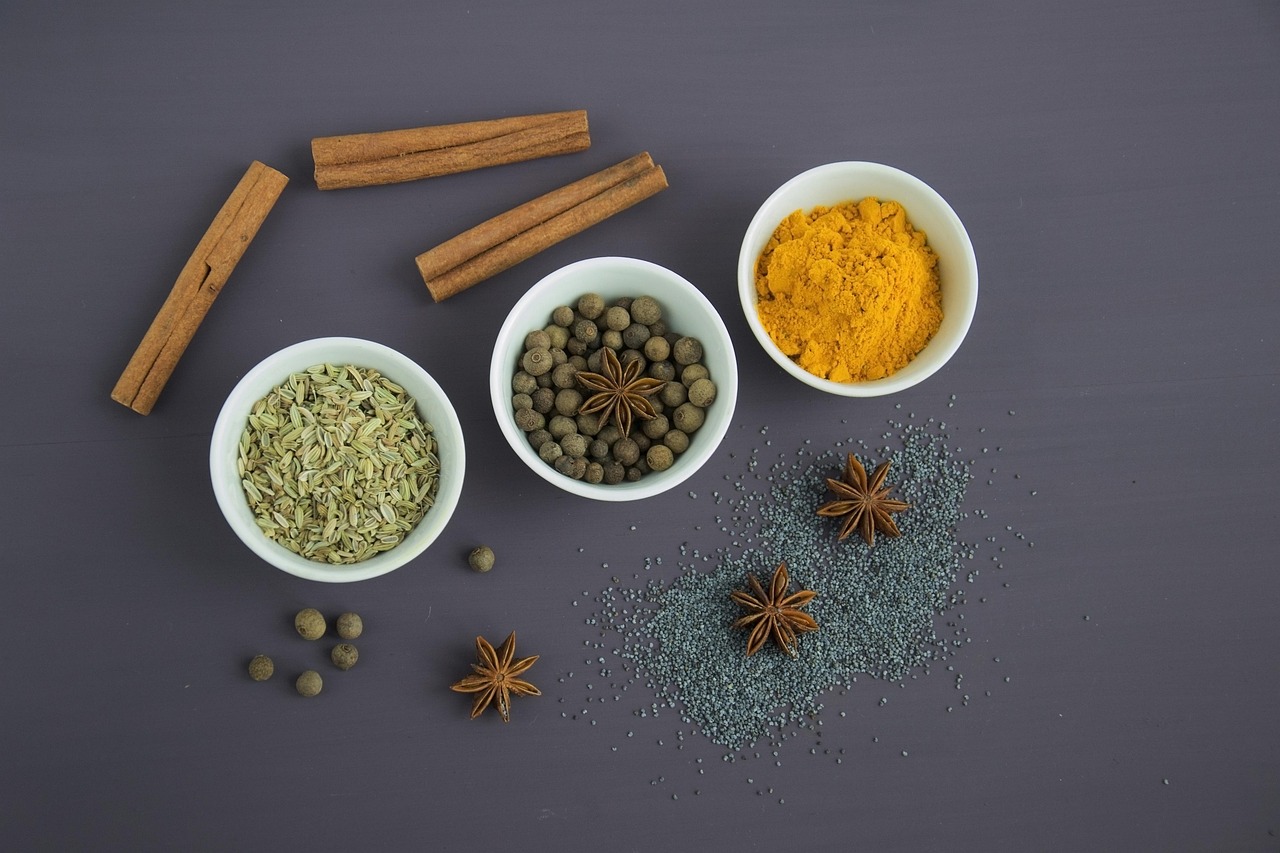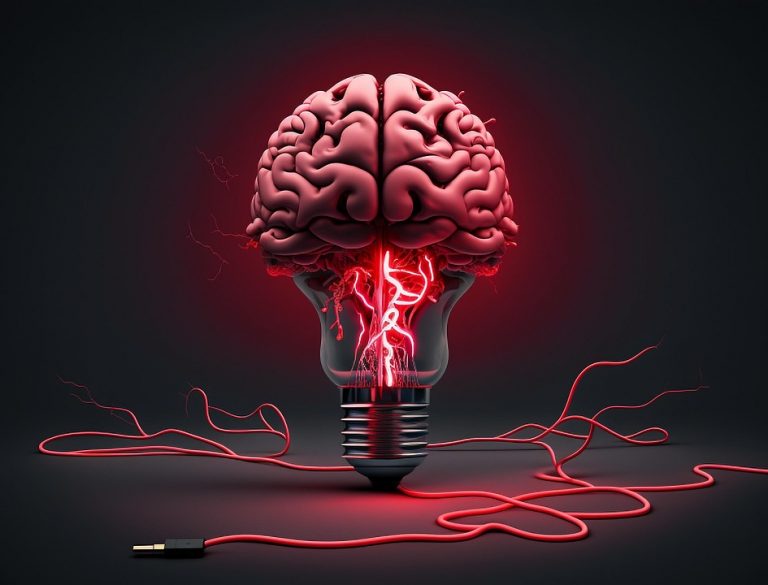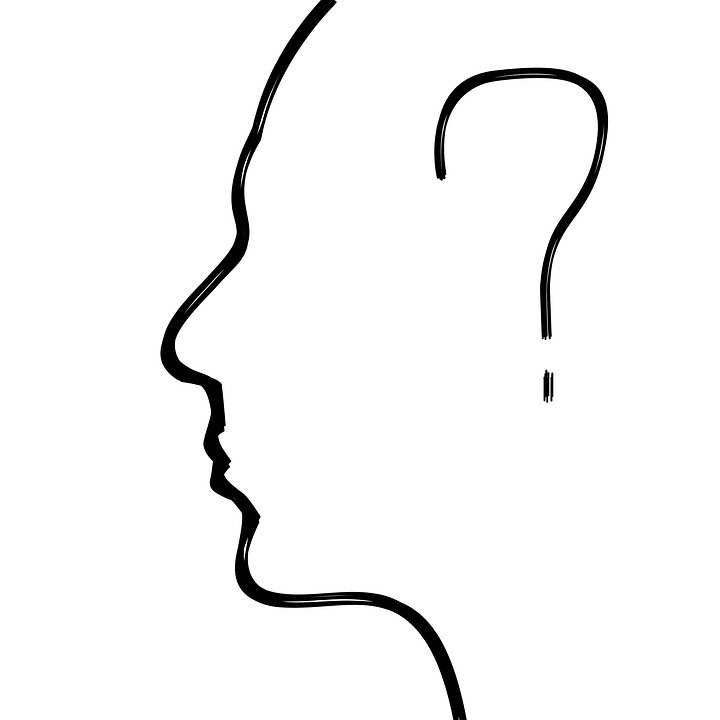7 Ways Brain Healing Herbs Boost Memory
Brain healing herbs are plants and extracts known to support cognitive health, sharpen recall, and protect the brain from stress and age-related decline. They matter because your memory is not a fixed trait — it responds to what you put in your body, how you sleep, and which natural allies you call on. If you want clearer thinking, quicker recall, and a brain that fights back, these herbs give you real, evidence-backed tools you can use daily.
I’ve seen people shrug off memory slips as “normal aging.” I don’t buy it. You don’t have to accept foggy thinking as inevitable. When used wisely, brain healing herbs can reduce inflammation, boost blood flow, and improve the chemicals your brain needs for memory. Below I’ll show you seven ways these herbs work, practical ways to use them, and the science that backs the claims so you can make smart choices for your life.
Contents
- How Herbs Speak To Your Brain: A Quick Overview
- 1. They Reduce Oxidative Stress — Protecting Memory At The Source
- 2. They Improve Brain Blood Flow — Fuel For Focus
- 3. They Support Neurotransmitter Balance — Better Signals, Better Recall
- 4. They Boost Neuroplasticity — Your Brain’s Ability To Rewire
- 5. They Calm Inflammation — Clean Slates Remember Better
- 6. They Protect Against Age-Related Decline — Long-Term Insurance
- 7. They Enhance Mood And Sleep — Memory’s Silent Partners
- Safe Use: Dosing, Interactions, And Practical Guidance
- How To Build A Memory-Friendly Routine With Herbs
- What The Science Says — Real Studies, Real People
- Bottom Line
- FAQ
How Herbs Speak To Your Brain: A Quick Overview
Herbs act on the brain in different, measurable ways. Some herbs are rich in antioxidants that neutralize free radicals and protect neurons. Others improve circulation to ensure your brain cells get oxygen and nutrients. A few modulate neurotransmitters like acetylcholine, dopamine, and GABA, all essential for learning and recall.
This isn’t woo. Research from trusted institutions shows herbal compounds like curcumin, ginsenosides, and bacosides do real work in lab studies and human trials. I’ll point you to reputable studies as we go, so you can read the evidence yourself and decide what fits your life.
1. They Reduce Oxidative Stress — Protecting Memory At The Source
Oxidative stress damages the delicate machinery of neurons. Certain brain healing herbs are heavy hitters for antioxidant protection. Turmeric (curcumin) and rosemary are examples; they neutralize compounds that cause cellular wear and tear.
When your neurons are protected, memory consolidation — the process that turns short-term into long-term memory — happens more reliably. Practical tip: use black pepper with turmeric to boost absorption, or sip rosemary tea after a focused study session. Clinical research from university labs shows curcumin can lower markers of oxidative stress and support cognitive performance in older adults.
2. They Improve Brain Blood Flow — Fuel For Focus
Think of memory as a factory. Blood is the delivery truck. Herbs like ginkgo biloba are famous for increasing microcirculation in the brain. Better flow means clearer thinking and faster recall because your neurons are fed and cooled.
People report sharper mental clarity within a few weeks of consistent use. If you’re someone who feels foggy after long work sessions, adding a standardized ginkgo extract might be the practical nudge your brain needs. The effect on blood flow is supported by clinical trials and neurological studies linking ginkgo to improved cognitive processing.
3. They Support Neurotransmitter Balance — Better Signals, Better Recall
Memory depends on clean, efficient signaling. Some brain healing herbs influence neurotransmitters directly. Bacopa monnieri improves the system that handles acetylcholine, a key player in learning and memory. Others, like ashwagandha, can modulate stress hormones that otherwise impair recall.
When stress hormones drop, your brain can form memories more efficiently. Use bacopa in moderated doses with meals, and consider ashwagandha in the evening if stress interferes with your sleep and memory. Cutting-edge research from neuroscience journals highlights bacopa’s role in improving memory tests in adults.
4. They Boost Neuroplasticity — Your Brain’s Ability To Rewire
Neuroplasticity is the brain’s capacity to adapt. Certain herbs stimulate pathways that encourage growth and synaptic repair. Lion’s mane mushroom, for instance, promotes nerve growth factors that support the creation of new connections.
That matters because stronger connections equal better recall. When you combine these herbs with deliberate practice — learning a language, practicing music, or memory training — you tap into real, lasting improvement. Hospitals and research centers have published promising findings on lion’s mane and nerve growth support.
5. They Calm Inflammation — Clean Slates Remember Better
Chronic inflammation is a silent memory thief. Brain healing herbs with anti-inflammatory actions — curcumin in turmeric, ginger, and holy basil — lower the brain’s inflammatory signals and keep memory pathways unobstructed.
If you carry chronic inflammation from poor sleep, chronic stress, or diet, these herbs act like gentle maintenance. Integrating them into your daily routine reduces the background noise that steals attention and short-term memory. Peer-reviewed trials show inflammation reduction correlates with improved cognitive scores.
6. They Protect Against Age-Related Decline — Long-Term Insurance
You want an herb that helps today and protects tomorrow. Some herbs offer long-term neuroprotective effects by combining antioxidant, anti-inflammatory, and growth-factor support. Ginseng and curcumin show potential for slowing cognitive decline when used consistently and alongside healthy lifestyle choices.
This isn’t a magic bullet. It’s an insurance policy: the regular, modest use of these herbs — paired with exercise, sleep, and mental challenge — gives your brain the best chance of aging well. Large cohort studies and university research back the idea that multi-modal approaches, including herbs, give better long-term outcomes.
7. They Enhance Mood And Sleep — Memory’s Silent Partners
A tired, anxious mind forgets. Many brain healing herbs support mood stability and improve sleep quality, both vital for memory consolidation. Lavender, valerian, and chamomile soothe the nervous system, while rhodiola and holy basil help balance stress without overstimulation.
Better mood and deeper sleep lead to stronger memories because your brain has time and calm to process the day’s learning. Clinical evidence shows herbal sleep aids improve objective sleep measures, and mood-supporting herbs reduce stress markers that impair memory.
Safe Use: Dosing, Interactions, And Practical Guidance
Herbs are powerful substances and deserve respect. Standardized extracts ensure consistent dosing. Start low and give each herb 4–8 weeks to show effects. If you take blood thinners, blood pressure meds, or have auto-immune issues, check with your clinician before starting anything new.
Here are practical steps you can use today:
- Choose standardized extracts from reputable brands to ensure potency and purity.
- Combine herbs with healthy lifestyle moves: walk daily, sleep 7–8 hours, and practice focused learning sessions.
- Track changes in a journal: mood, sleep, and memory performance. That’s the clearest measure of benefit.
Natural doesn’t mean harmless. Work with a pharmacist or physician to avoid interactions, especially if you’re on prescription medication.
How To Build A Memory-Friendly Routine With Herbs
You don’t need dozens of bottles. Pick two to three herbs that match your goals. For example:
- If you’re stressed and forgetful: ashwagandha (stress) + bacopa (memory).
- If you’re aging and worried about circulation: ginkgo (blood flow) + curcumin (inflammation).
- If you need sleep for consolidation: chamomile (night) + lion’s mane or bacopa (day).
Rotate herbs seasonally to prevent tolerance and to allow your body to respond fully. Use culinary routes when possible — turmeric in cooking, rosemary in teas — alongside supplements for concentrated benefits.
What The Science Says — Real Studies, Real People
There’s solid science behind many of these herbs. Universities and medical centers have conducted placebo-controlled trials showing measurable improvements in memory tests for herbs like bacopa, ginkgo, and curcumin. You can read detailed clinical findings at respected sources such as PubMed and university research pages that discuss standardized extracts and trial outcomes.
That’s not sales talk — it’s evidence. The strongest effects are seen when herbs are used consistently, combined with lifestyle changes, and chosen with attention to quality and dosing.
Bottom Line
The Bottom Line
Herbs can be honest allies in your quest for better memory. Brain healing herbs work by protecting neurons, improving blood flow, balancing neurotransmitters, lowering inflammation, and supporting sleep and mood. Used intelligently — with quality products, realistic expectations, and medical guidance when needed — they deliver measurable benefits.
You don’t have to accept foggy thinking. Start with one or two trusted herbs, pair them with better sleep and movement, and measure your progress. Little daily choices stack into a stronger mind over time.
Thank you for reading. Be bold with your brain care — it deserves it.
FAQ
Are brain healing herbs safe with prescription medications?
Most are safe, but some interact with drugs like blood thinners or antidepressants. Talk to your doctor or pharmacist about interactions before combining herbs with prescriptions. Start with low doses and monitor how you feel.
How long before I notice improvements?
Expect 4–8 weeks of consistent use to notice changes. Some effects, like sleep improvement, may appear sooner, while memory benefits often grow slowly as your brain adapts and repairs.
Can I use food sources instead of supplements?
Yes. Culinary use of turmeric, rosemary, and ginger gives benefits and is a great foundation. Supplements offer standardized doses when you need targeted effects shown in clinical studies.
Which herb is best for immediate mental clarity?
Ginkgo biloba and rosemary often produce noticeable clarity for some people within a few weeks. Short-term clarity varies by individual and by the quality of the product.
Visual line and paragraph.
References
-
National Institutes of Health provides an overview of herbal supplement interactions and evidence for cognitive support (https://www.ncbi.nlm.nih.gov/pmc/articles/PMC5372975/).
-
Harvard Medical School discusses ginkgo biloba, curcumin, and other herbs in relation to brain health and aging (https://www.health.harvard.edu/mind-and-mood/herbal-supplements-and-cognitive-health).
-
Mayo Clinic offers patient-focused information on the safety and use of common supplements including ginkgo, turmeric, and ashwagandha (https://www.mayoclinic.org/healthy-lifestyle/consumer-health/in-depth/herbal-supplements/art-20043579).
-
PubMed Central hosts clinical trials and review articles on bacopa monnieri and its effects on memory and cognitive function (https://www.ncbi.nlm.nih.gov/pmc/articles/PMC3983245/).
-
National Center for Complementary and Integrative Health provides evidence summaries for several herbs related to mood, sleep, and cognition (https://www.nccih.nih.gov/health/herbs-and-supplements).








